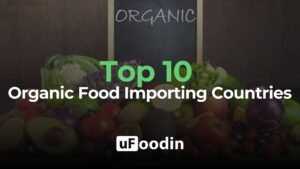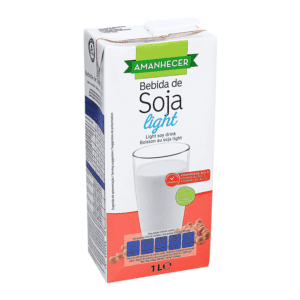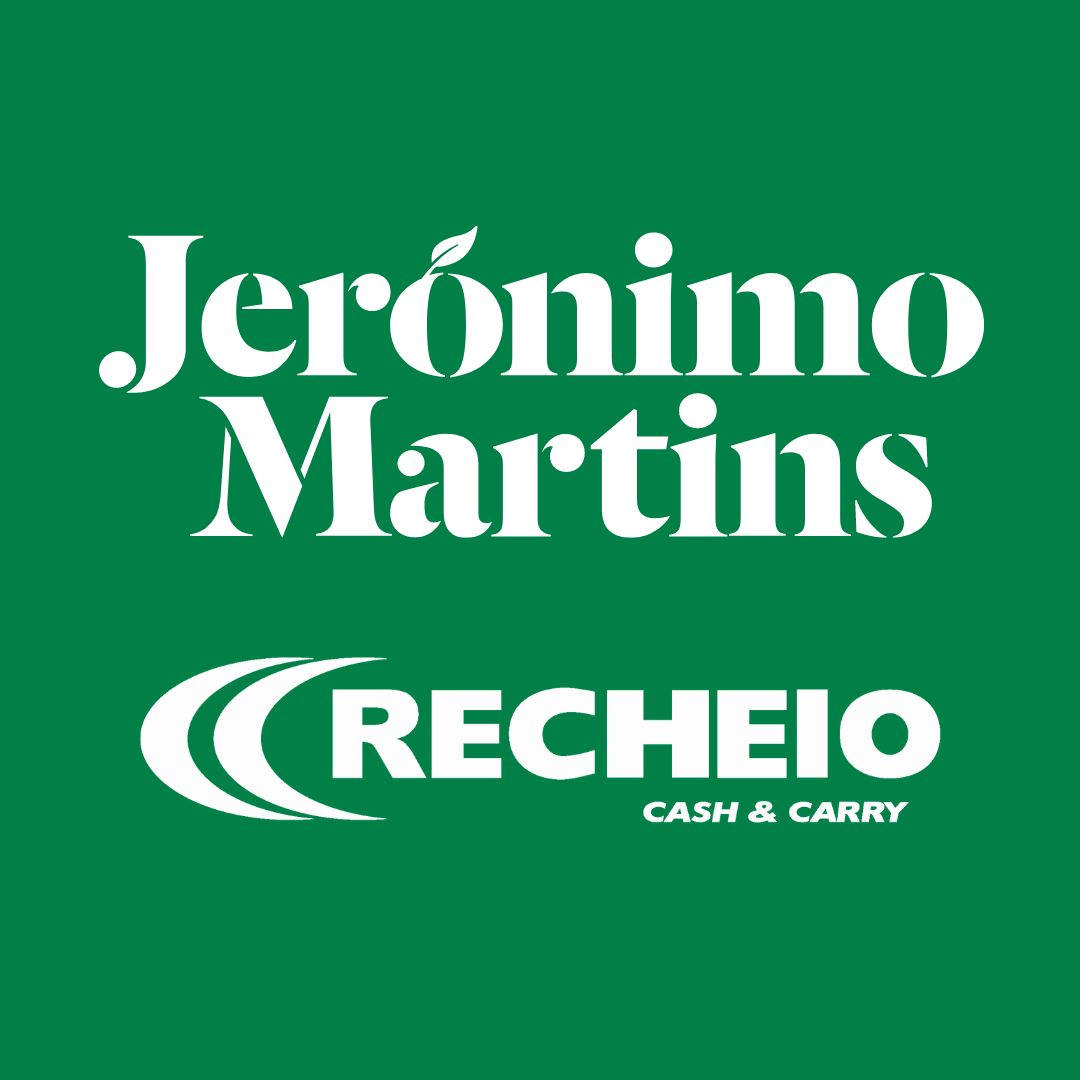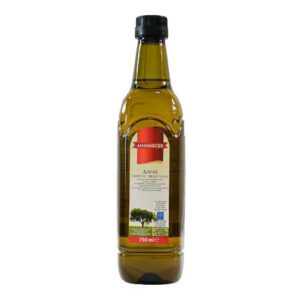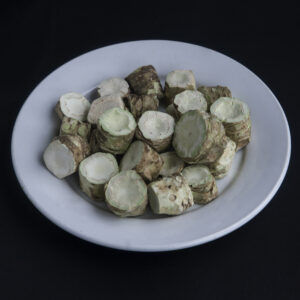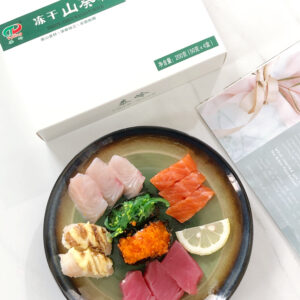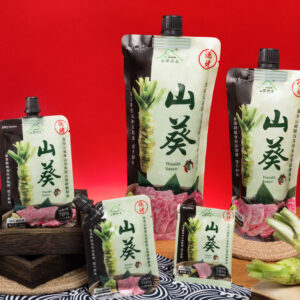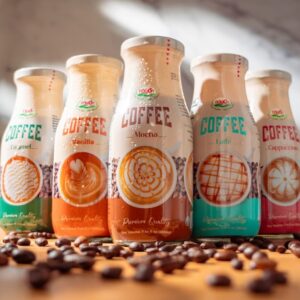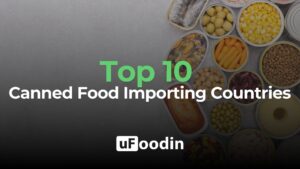
Top 10 Baby Food Brands Shaping the Future of Infant Nutrition
The baby food industry is a cornerstone of global health and nutrition, catering to the critical early years of life when proper nourishment is essential for growth and development. In 2023, the global baby food market was valued at approximately $73.8 billion and is projected to grow to $98.9 billion by 2028, with a steady CAGR of 6.0%. This growth is driven by an increasing focus on early childhood nutrition as a foundation for lifelong health.
E-commerce has emerged as a key driver in the baby food sector, enabling parents to access a wider range of products from the convenience of their homes. In fact, online sales of baby food grew by over 25% in 2023, reflecting the growing importance of digital platforms in connecting brands with consumers. Additionally, the rise of subscription-based services for baby food delivery is transforming how parents shop, providing customizable plans tailored to their child’s developmental needs.
The innovation landscape is rich, with companies focusing on unique offerings such as single-origin purees, functional baby foods enriched with probiotics, and hypoallergenic products. There’s also a significant focus on ingredient traceability, with brands using blockchain technology to offer detailed information about sourcing and production.

- Nestlé (Gerber, Cerelac, NIDO)
- Headquarters: Vevey, Switzerland
- Why It Stands Out: Nestlé is a global leader in nutrition and health, offering a wide range of baby food products tailored to different stages of development. Its brands, such as Gerber and Cerelac, are household names trusted by parents worldwide.
- Key Innovations: Nestlé emphasizes fortified foods with added vitamins and minerals and has expanded its organic product lines to meet growing consumer demands.
- Beech-Nut Nutrition Company
- Headquarters: Amsterdam, New York, USA
- Why It Stands Out: Beech-Nut is known for its commitment to natural and organic ingredients, avoiding artificial additives in its baby food products.
- Key Innovations: The company has introduced recyclable glass jars and has a certified organic product line that appeals to eco-conscious parents.
- Plum Organics
- Headquarters: Emeryville, California, USA
- Why It Stands Out: Specializing in organic baby food pouches, Plum Organics is recognized for its innovative flavors and blends that cater to infants and toddlers.
- Key Innovations: Plum Organics was one of the first brands to introduce BPA-free pouches and offers a range of superfood-enhanced products.
- Earth’s Best Organic
- Headquarters: Lake Success, New York, USA
- Why It Stands Out: A pioneer in the organic baby food market, Earth’s Best Organic offers a variety of options, including cereals, purees, and snacks, free from artificial ingredients.
- Key Innovations: The brand focuses on sustainability, using organic farming practices and eco-friendly packaging.
- Happy Family Organics
- Headquarters: New York, New York, USA
- Why It Stands Out: Happy Family Organics offers organic, non-GMO baby food products designed for specific developmental stages.
- Key Innovations: The company emphasizes functional nutrition, introducing products with probiotics and DHA to support gut and brain health.
- Gerber Products Company
- Headquarters: Arlington, Virginia, USA
- Why It Stands Out: A Nestlé subsidiary, Gerber has been a trusted name in baby food for decades, offering a comprehensive range of products, from purees to toddler snacks.
- Key Innovations: Gerber continues to lead in allergen-free and organic product offerings, with a focus on reducing sugar and artificial ingredients.
- Once Upon a Farm
- Headquarters: Berkeley, California, USA
- Why It Stands Out: Known for its cold-pressed baby food, Once Upon a Farm focuses on freshness and nutrient retention, offering organic, farm-to-pouch products.
- Key Innovations: The brand uses high-pressure processing (HPP) instead of heat pasteurization to preserve flavor and nutrients.
- Serenity Kids
- Headquarters: Austin, Texas, USA
- Why It Stands Out: Serenity Kids specializes in nutrient-dense, organic baby food that incorporates ethically sourced meats and healthy fats alongside vegetables.
- Key Innovations: The brand stands out for offering protein-rich and allergen-friendly options, catering to parents seeking paleo or ketogenic choices for infants.
- Amara Organic Foods
- Headquarters: San Francisco, California, USA
- Why It Stands Out: Amara offers freeze-dried, organic baby food powders that retain the natural flavor and nutrients of fresh ingredients.
- Key Innovations: The customizable texture of Amara’s products allows parents to prepare meals that grow with their child’s developmental needs.
- Heinz Baby
- Headquarters: Pittsburgh, Pennsylvania, USA
- Why It Stands Out: Heinz Baby provides a range of baby foods, including purees and cereals, with a focus on quality and affordability.
- Key Innovations: The brand has expanded its product range to include more organic and low-sugar options, appealing to modern parental preferences.
Major Trends in the Baby Food Industry
- Rise of Functional Baby Foods
- Overview: Functional foods enriched with probiotics, prebiotics, DHA, and other nutrients are becoming increasingly popular. These products address specific developmental needs, such as brain health, immunity, and gut health.
- Key Insight: The functional baby food market is projected to grow at a CAGR of 9%, reflecting parents’ growing focus on science-backed nutrition.
- Example: Serenity Kids and Happy Family Organics offer products enriched with brain-boosting nutrients like choline and omega-3 fatty acids.
- Personalized Nutrition
- Overview: Brands are offering personalized baby food options, tailored to the specific age, allergies, and preferences of the child. Subscription services allow parents to create meal plans based on their child’s nutritional needs and growth milestones.
- Key Insight: Subscription-based baby food services grew by 30% in 2023, as parents embraced customization and convenience.
- Example: Companies like Amara and Yumi provide customizable meal plans delivered directly to consumers.
- Ingredient Transparency and Traceability
- Overview: Parents want to know exactly what goes into their baby’s food. Brands are responding with transparent labeling, certifications (e.g., USDA Organic, Non-GMO Project Verified), and blockchain technology to track sourcing and production.
- Key Insight: Over 70% of parents in developed markets rank transparency as their top priority when purchasing baby food.
- Example: Once Upon a Farm uses blockchain technology to ensure complete traceability of ingredients.
- Sustainability in Production and Packaging
- Overview: The baby food sector is embracing sustainability by using eco-friendly packaging, supporting local farmers, and reducing food waste.
- Key Insight: The global sustainable packaging market for baby food is expected to grow at a CAGR of 8.5%, driven by eco-conscious consumers.
- Example: Earth’s Best Organic uses recyclable and biodegradable materials for its packaging.
- Growing Popularity of Plant-Based Baby Foods
- Overview: With the rise of plant-based diets among adults, baby food brands are innovating with plant-based alternatives to traditional dairy or meat-based products.
- Key Insight: The plant-based baby food market grew by over 15% in 2023, appealing to vegan and vegetarian parents.
- Example: Little Spoon offers plant-based purees made from superfoods like kale, quinoa, and avocado.

Main Challenges in the Baby Food Industry
- Regulatory Compliance
- Overview: Baby food is one of the most tightly regulated sectors in the food industry, requiring adherence to strict safety, labeling, and nutritional standards.
- Key Challenge: Complying with varying international regulations can be costly and time-consuming for brands looking to expand globally.
- Example: Recent recalls in the U.S. market have raised scrutiny on heavy metal testing, prompting brands to invest in stricter quality control measures.
- Rising Production Costs
- Overview: The cost of organic ingredients, sustainable packaging, and ethical sourcing is significantly higher than traditional manufacturing methods.
- Key Challenge: Brands face a delicate balance between maintaining competitive pricing and upholding their commitment to quality and sustainability.
- Example: The shift to eco-friendly materials and smaller supply chains has increased operational expenses by up to 20% for some brands.
- Intense Competition
- Overview: The baby food market is saturated with established players and new startups offering innovative solutions, creating a highly competitive environment.
- Key Challenge: Smaller brands often struggle to compete with the distribution networks and marketing budgets of industry giants like Nestlé and Heinz.
- Example: Startups rely heavily on social media and direct-to-consumer models to carve out a niche in the crowded market.
- Addressing Consumer Skepticism
- Overview: Recalls, contamination scandals, and reports of heavy metals in baby food have eroded trust among consumers.
- Key Challenge: Brands must go above and beyond to prove their commitment to safety and quality through rigorous testing and third-party certifications.
- Example: Gerber introduced advanced testing protocols to ensure its products meet the highest safety standards.
- Balancing Convenience with Nutrition
- Overview: While parents value ready-to-eat options, they are unwilling to compromise on nutrition and ingredient quality.
- Key Challenge: Creating convenient products that are also nutritionally dense and minimally processed requires significant R&D investment.
- Example: Brands like Once Upon a Farm and Yumi have gained traction by offering cold-pressed options that retain natural nutrients without preservatives
The Top 10 Baby Food Brands highlighted here represent the best in innovation, quality, and commitment to infant nutrition. As the baby food market continues to grow, driven by evolving parental preferences and global demand, these companies lead the way by prioritizing health, sustainability, and transparency. Platforms like uFoodin can help connect brands with suppliers and distributors, while fostering collaborations that ensure the highest quality for consumers. By leveraging tools like uFoodin, baby food brands can continue to innovate and thrive in a competitive market.
uFoodin Editorial Team
Bibliography
- Statista: Global Baby Food Market Data and Projections
- Fortune Business Insights: Baby Food Market Trends and Innovations
- Healthline and Babylist: Reviews and Rankings of Leading Baby Food Brands
- Company Websites: Nestlé, Gerber, Earth’s Best, Plum Organics, and others for operational and product data.

